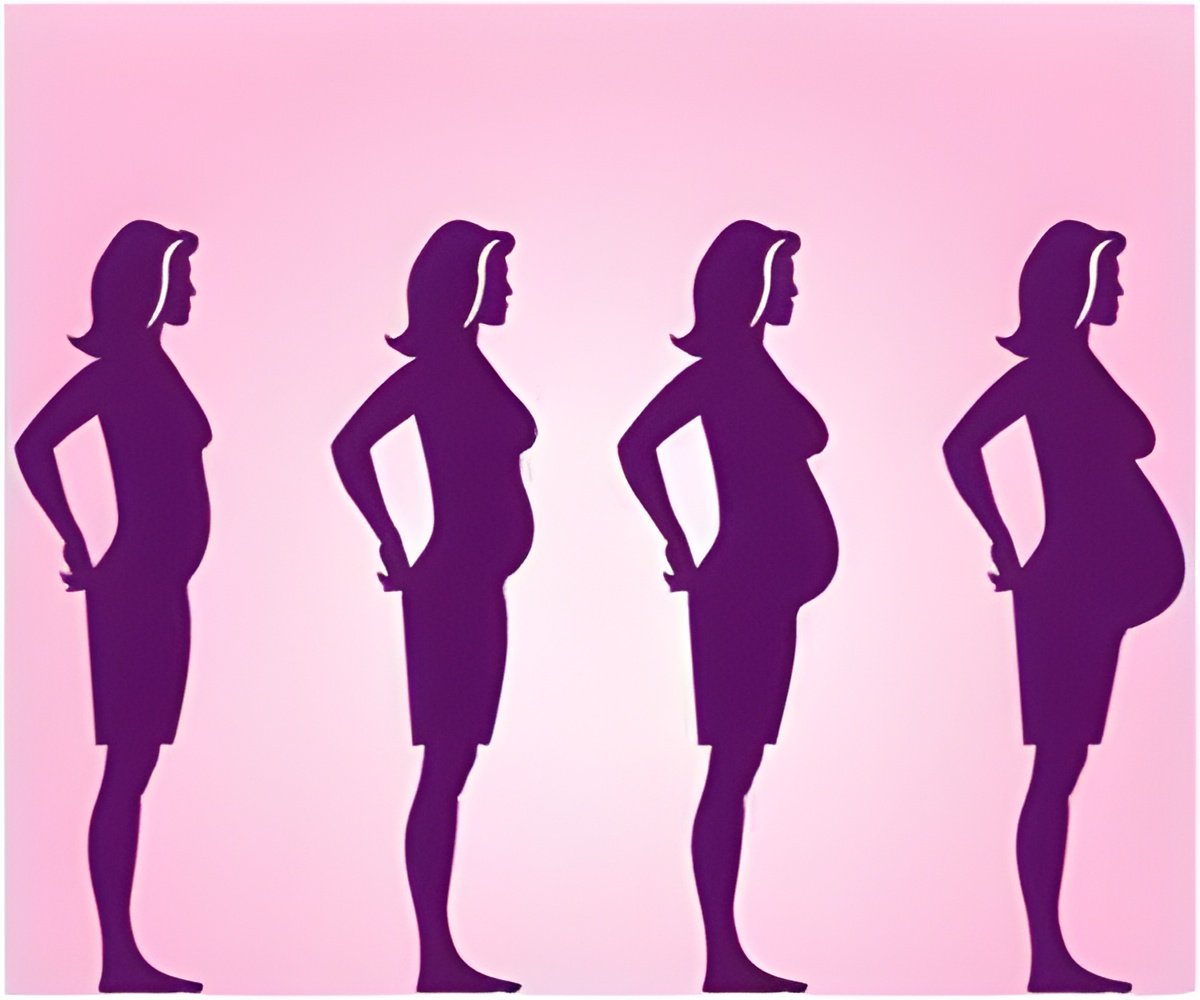
She concluded that it takes a year to recover from childbirth. Her study also revealed significant dissatisfaction amongst new mothers with postnatal services.
The new mothers Dr Wray spoke to said that the six week recovery time was a 'fantasy'.
Many were disappointed by the six week check, which all mothers receive from either their midwife or their GP. Some did not receive a physical examination, and others were not told whether or not their bodies had recovered yet.
"The research shows that more realistic and woman-friendly postnatal services are needed," the Daily Mail quoted Dr Fray as saying.
"Women feel that it takes much longer than six weeks to recover and they should be supported beyond the current six to eight weeks after birth.
Advertisement
The psychological effects can also take much longer to recover from.
Advertisement
Many feel the pressure to get back on their feet soon after childbirth. And seeing celebrities like Amanda Holden looking fantastic just weeks after almost dying during childbirth must be 'very, very frustrating', said Sue MacDonald, Head of Education and Research at the RCM.
She added that recent studies have shown that women will put up with a lot of discomfort after childbirth because they think that it is normal. The Royal College of Widwives is conducting its own studies to see how they can make sure that discomfort is not the norm.
Source-ANI











